Looking Up, 16-page English PDF Edition, Back Issues and Current Issue
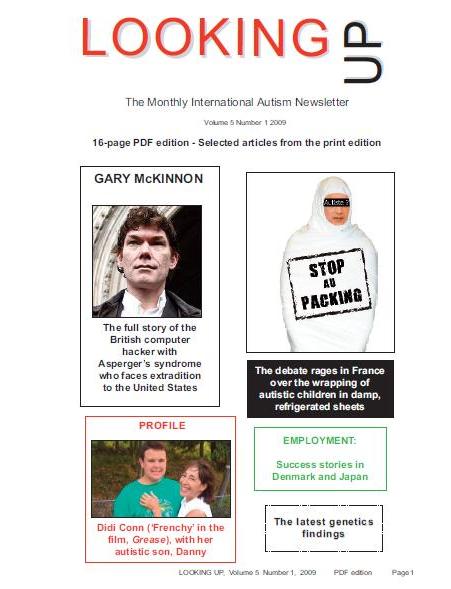
|
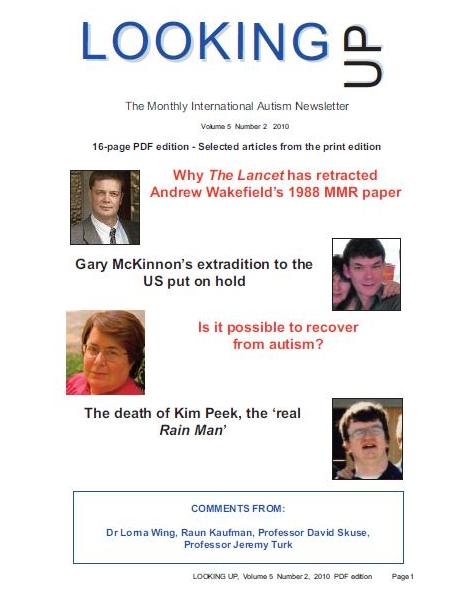
|
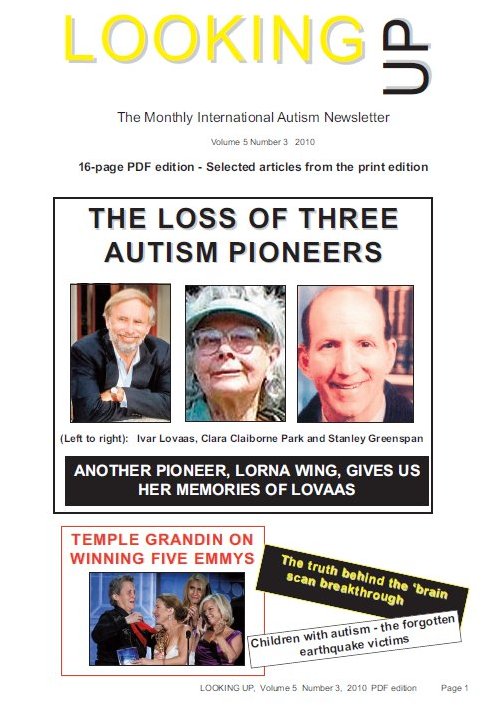
|
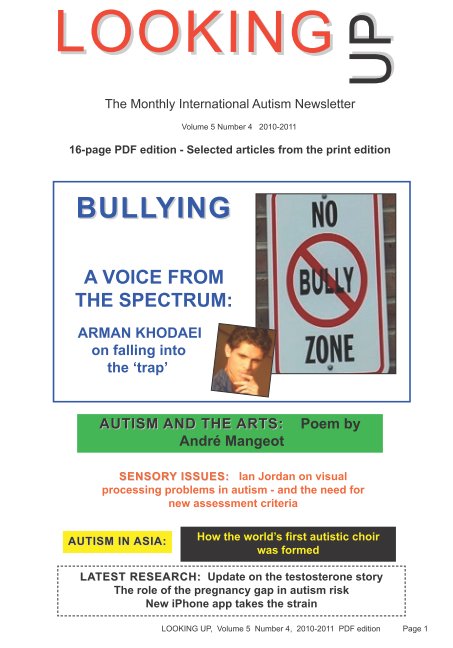
|
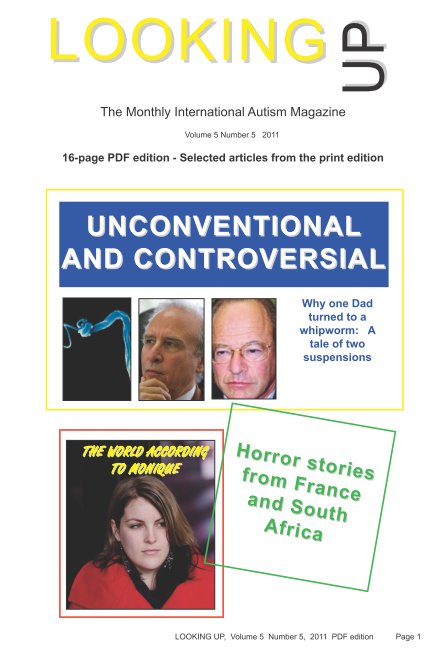
|
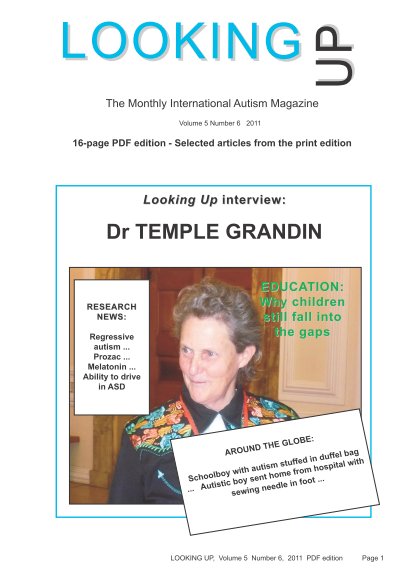
|
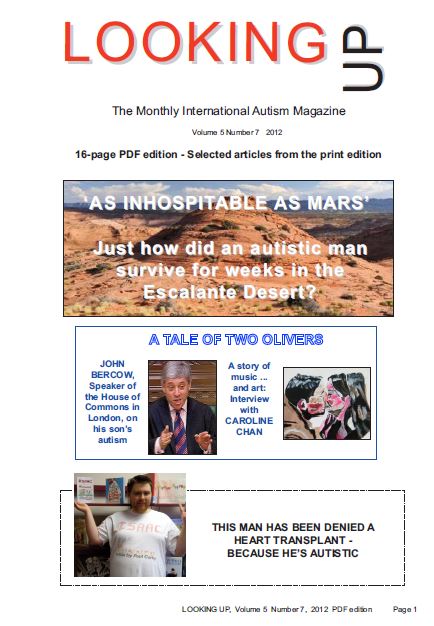
|
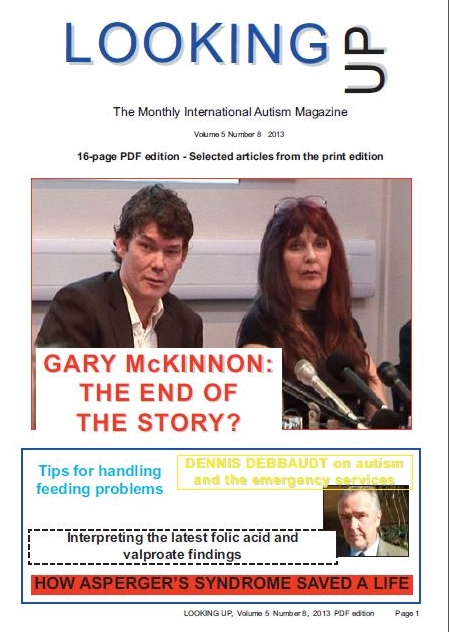
|
| Home page | Subscribe (print edition) | Selected articles | Our publications | Our mailing lists |
| PDF edition | Subscribe (PDF edition) | Back issue contents | Autism books | Contact us |
From Volume
5 Number 2 (print
edition only)
ADAM - a quirky variation on
the
traditional romcom, starring the British actor, Hugh Dancy, - proved a
big hit
at the 2009 Sundance festival and the subsequent
“The
first thing I really appreciated when I read the script is that it
doesn’t
immediately open with ‘Here’s a guy who’s got
Asperger’s’, diagnosing him from
the word go,” Dancy told The Times
of
London. “You wonder about him, but you get to see him as an
individual, as a
human being, before you get to box him off.”
By
a curious coincidence, Dancy recently became engaged in real life to
the
actress Clare Danes, who plays the world’s most famous woman with
autism,
Temple Grandin, in the new movie named after her
(see Looking Up, Volume 5 Number 1).
“I
did think of it as the ‘anti-acting' role,”
Dancy - last seen opposite Isla Fisher in Confessions of a
Shopaholic -
told another British paper, the Belfast Telegraph. “Everything
you usually
bring to a role, like empathy and connection and communication and
reaction,
were denied me ...There’s no agenda to Adam, no dishonesty, no
duplicity and he
consistently says the things that we all wish we could say, but are
barred by
social conventions.”
Knowing
nothing about Asperger’s syndrome, Hugh realised he had a lot of
work ahead of
him if he was to do justice to the role. “I was nervous, daunted
and rightly so,” he
says, adding that his concerns were eased after meeting the
film’s director,
Max Mayer.
Dancy
told The Los Angeles Times: “There is something paradoxical about
trying to
empathise your way into somebody” who has a hard time
demonstrating empathy
because of his condition.
As
part of his research, Dancy visited people who live with
Asperger’s. “The ones
who agreed to sit and talk to me were incredibly generous and open and
frank
about their lives and their own obstacles. One of the first things I
realised
was that the range of behaviour and symptoms is vast, and that freed me
up in a
way because I thought, well, I’m not trying to play every person
with
Asperger’s.”
Max
Mayer, who directed the film in just 22 days in New York - and was also
its
writer (his other credits include The West Wing and Alias) - told The
Times:
“What fascinated me about Asperger’s is that one of the big
deficits was that
it made it difficult to put yourself in another person’s shoes.
As opposed to
more profoundly autistic syndromes, people with Asperger’s desire
the same
connection to other people that all ‘neurotypicals’ do.
That was the thing that
struck me and made it feel personal - having the desire for a
relationship
without the talent for it, which is something all of us feel at one
time or
another.”
There
is still much to be learnt about the syndrome, which is named after
tthe
Austrian scientist, Hans Asperger, but did not appear in the American
Diagnostic and Statistical Manual of Mental Disorders until the 1994
edition,
DSM-IV. The committee working on the autism section of DSM-V are now
considering removing Asperger’s syndrome as a separate condition
from autism
(much more on this in the next edition of Looking Up).
So,
how accurate is the film’s depiction of Asperger’s
syndrome? Very, according to
the relationship counsellor, Maxine Aston, who specialises in treating
couples
with the disorder. Speaking to The Times, she cited Dancy’s skill
in his
diminished interaction with Byrne, his lack of eye contact and all the
other
physical manifestations she has come to recognise. (“I was just
acting in a
bubble,” Dancy says.) She highlights one scene in particular,
when, after a
disagreement, Beth’s reflexive “I’m sorry” is
not met with a reciprocal,
peace-making apology. “The difference is that someone with
Asperger’s uses
logic.”
Max
Meyer recalled: “After screenings, there were people who had
Asperger’s who
would come and say, ‘You really got it right . But what was most
moving to me
was the reaction of parents [of Asperger children]. It was a really
important
thing for them because it expressed their hopes and their fears for
their
children going past childhood. So that’s been extremely
gratifying - people
saying it gave them hope about an independent life for people they
love.”

|

|

|

|

|

|

|

|
| Current 40-page print edition issue | |||||||||||||||
|---|---|---|---|---|---|---|---|---|---|---|---|---|---|---|---|
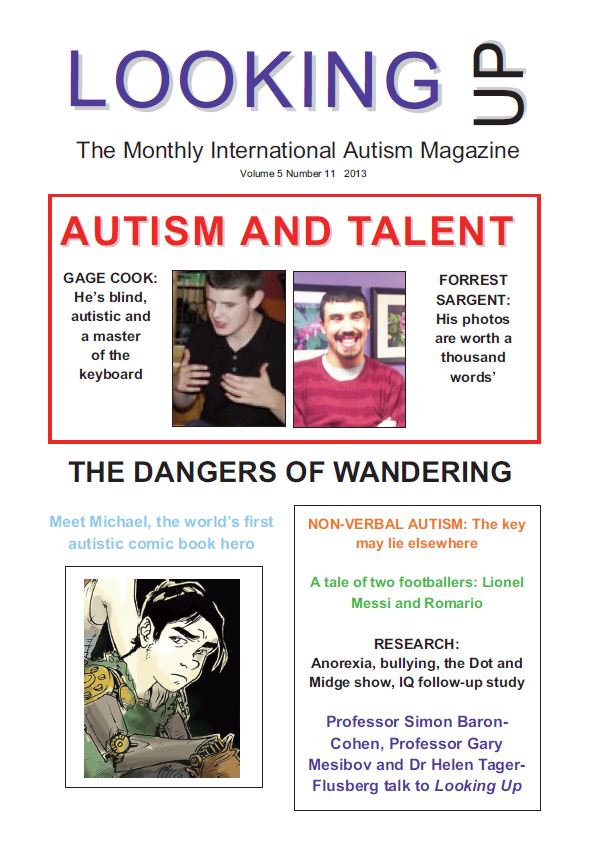
|
| ||||||||||||||
| PRINT EDITION BACK ISSUE CONTENTS AND FRONT COVERS | ||||||||||||||||||||||||||
|---|---|---|---|---|---|---|---|---|---|---|---|---|---|---|---|---|---|---|---|---|---|---|---|---|---|---|
| VOLUME 1, Number: | 1 | 2 | 3 | 4 | 5 | 6 | 7 | 8 | 9 | 10 | 11 | 12 | VOLUME 2, Number: | 1 | 2 | 3 | 4 | 5 | 6 | 7 | 8 | 9 | 10 | 11 | 12 | |
| VOLUME 3, Number: | 1 | 2 | 3 | 4 | 5 | 6 | 7 | 8 | 9 | 10 | 11 | 12 | VOLUME 4, Number: | 1 | 2 | 3 | 4 | 5 | 6 | 7 | 8 | 9 | 10 | 11 | 12 | |
| VOLUME 5, Number: | 1 | 2 | 3 | 4 | 5 | 6 | 7 | 8 | ||||||||||||||||||
| You can find our PDF EDITION CONTENTS AND COVERS on our PDF EDITION BACK ISSUES PAGE | ||||||||||||||||||||||||||
| Home page | Subscribe (print edition) | Selected articles | Our publications | Our mailing lists |
| PDF edition | Subscribe (PDF edition) | Back issue contents | Autism books | Contact us |